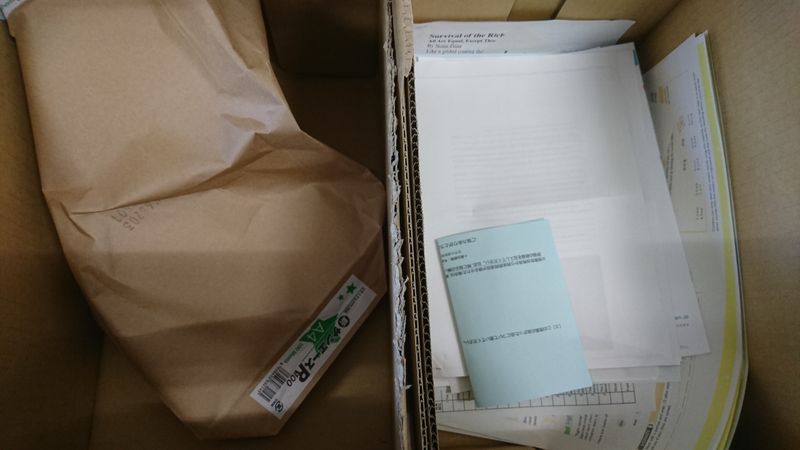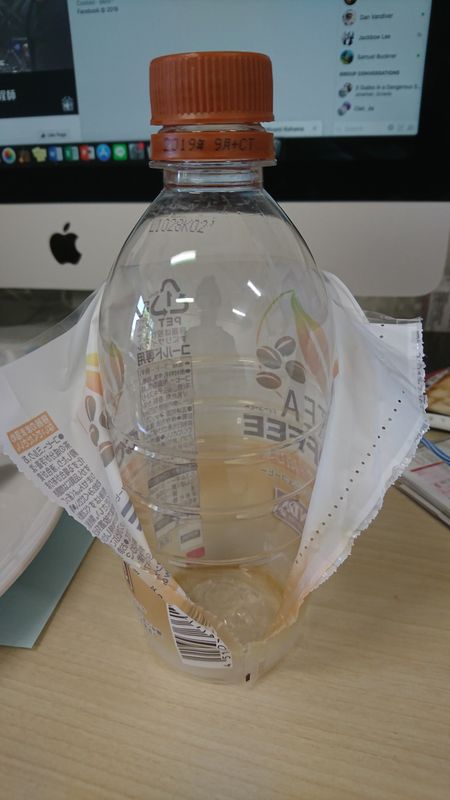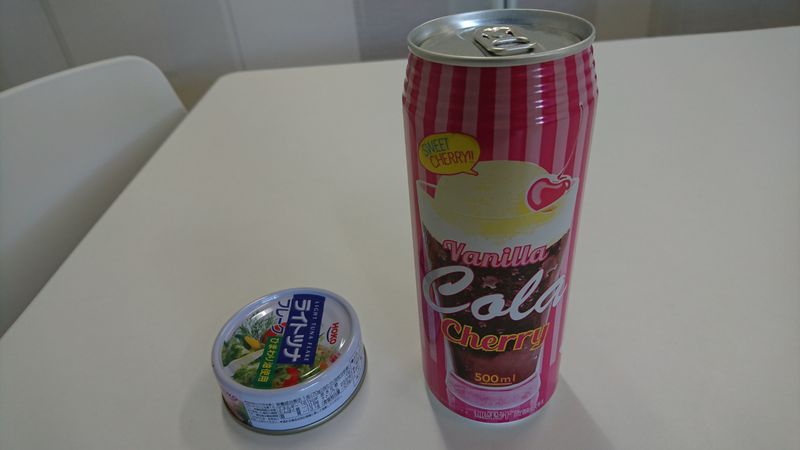Apr 9, 2019
Are we Recycling Wrongly?
I recently watched a video on the Vox YouTube channel titled “Why you are recycling wrong”. In the video, it mentioned how often we think we are doing the right thing by throwing some things into the recycling bin when in reality, the items should not go in and would actually contaminate the rest of the batch of material. The video blew my mind and it got me thinking, how often am I doing it wrong and is actually wasting more things and ruining other people’s effort in recycling due to my own ignorance?
I remember working at an elementary school and the principal was telling another teacher not to put the colour paper in the same paper recycling bin as white paper. I was thoroughly confused when I heard it as I thought paper was paper, and white paper would have colours and ink printed on it anyway. Days later, I saw another teacher removing all the staples from the paper before tossing them out, and another teacher walked up and explained that recycling machines nowadays would remove the staples during the process of recycling. Then I thought, so if machines can remove the contamination, would they not be able to remove the contaminating elements of the colour paper, too? I felt like I have become more careless in recycling since then.

From the video, I learned that much of the contamination removal process is still done by hand, and so understandably things are missed at times. At the end, we are still responsible for how we recycle things, and if we can make the jobs of the recyclers easier, they can then focus and make less errors, thus leading to more effective recycling. We can play our parts too.
For example, removing the packaging and caps from plastic bottles is one of the easiest things we can do to help. I see a lot of people tossing the whole bottle out, but it is definitely adding unnecessary work for the recyclers.

Another example is with paper. Some paper is coloured and some is white, and while there is still confusion involved, something more clear is that we can and should separate the different types of paper. The super glossy (and wasteful) paper used for flyers are definitely different from the A4 paper we use for documents. Newspaper cannot be mixed into normal paper either. Cardboards are also of their own type, and from what I have learned from the video, greasy cardboards would contaminate the batch of paper, so pizza boxes are out and should be thrown to the trash instead. I should keep that in mind the next time I order pizza.
Tin cans and aluminum cans should probably be separated as well. They may look similar and we might think it is fine as the machines “should” be able to separate them, but there might not be machines involved, and why risk ruining it when I can just divide them up at home?

In the aforementioned video, their advice as well as the advice from many recycling campaign, was “when in doubt, throw it out”. I am not that big of a fan of this concept as it still results in wasting things, but I suppose it is the quickest way to avoid contamination.
There is also the danger of “in doubt” vs. “lazy”. The best approach, I believe, would be “when in doubt, go find out”. I still have a lot to learn, but it is worth it if it makes the society more sustainable.
Here is the video I was referring to. Worth watching for sure.
https://www.youtube.com/watch?v=R7N5a476DKQ



2 Comments
maynestacy
on May 15
Thank you for posting! I am glad I am not the only one who wonders about how our recyclables are separated and dealt with once they leave the curb. I wonder if it is okay to put mixed paper in a clear plastic bag or better to wrap it with string? Jute or plastic string? or shall I bind the bundles of mixed paper with tape? Packing tape or paper tape?
JapanRamen
on May 15
@maynestacy The easiest way to live would be in ignorance, and I am glad we are both choosing the challenging way with a higher moral standard.